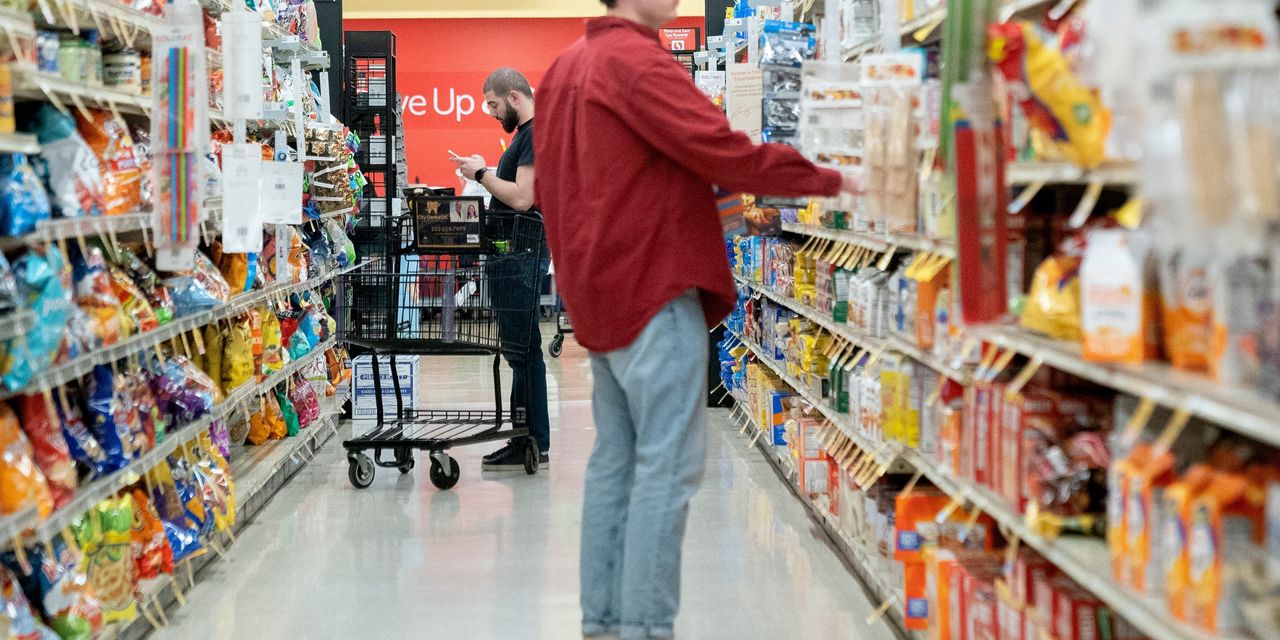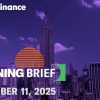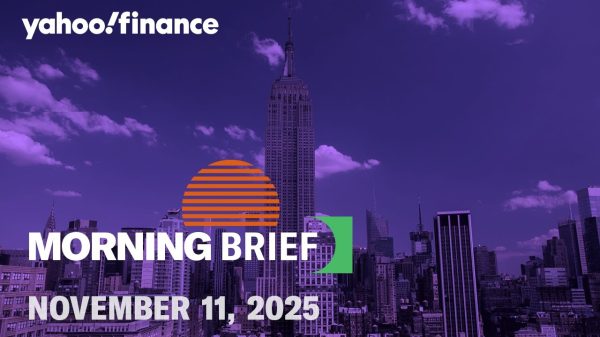American consumers are feeling less gloomy about the U.S. economy.
People’s expectations of rising inflation fell in the near-, medium- and long-term, according to the Federal Reserve Bank of New York’s July Survey of Consumer Expectations released Monday.
More respondents reported being better off than a year ago and fewer respondents reported being worse off, the report said.
“Similarly, year-ahead expectations improved with fewer respondents expecting to be worse off a year from now,” Fed researchers wrote, “and more respondents expecting to be better off. ”
The share of people expecting to be better off a year from now is the highest level since September 2021.
The survey provides a look into how Americans view the economy — from their job prospects to their expectations of the cost of living. The New York Fed surveyed 1,300 heads of households.
Inflation expectations ease
The median inflation expectation fell to 3.5% in July from 3.8% the previous month, and is the lowest reading since April 2021, the report said. (The annual rate of inflation rose 3.2% in July, up from 3% in the prior month.)
Consumers also expect home-price growth to slow slightly, to 2.8% in July from 2.9% in June. They also see the cost of gas, food, medical care, college, and rent, to fall in the year ahead.
Expectations for food inflation are at the lowest level since September 2020 (5.2%). The reading for medical-care inflation is at the lowest level since November 2020 (8.4%) and expectations for rent increases are at the lowest since January 2021 (9%).
Spending and wages
People were more confident in July than in June about household spending growth, about repaying their minimum debt payment on time, an increase in their average interest rate on savings accounts, and about the probability that U.S. stock prices will be higher 12 months from now.
Americans weren’t as optimistic about wage growth, however. The median expected earnings growth for the year ahead fell to 2.8% from 3%, the Fed said.
Still, there wasn’t a rise in concern over job security: The mean perceived possibility of losing one’s job over the next year fell to 11.8% in July from 12.9% in June. The mean probability of leaving one’s job voluntarily over the next 12 months fell to 17% from 18.9%, which is the lowest reading since March 2021, the Fed said.
The perceived probability of finding a job, if they had lost their current one, rose to 55.8% in July from 55.3% in June.
Read the full article here








